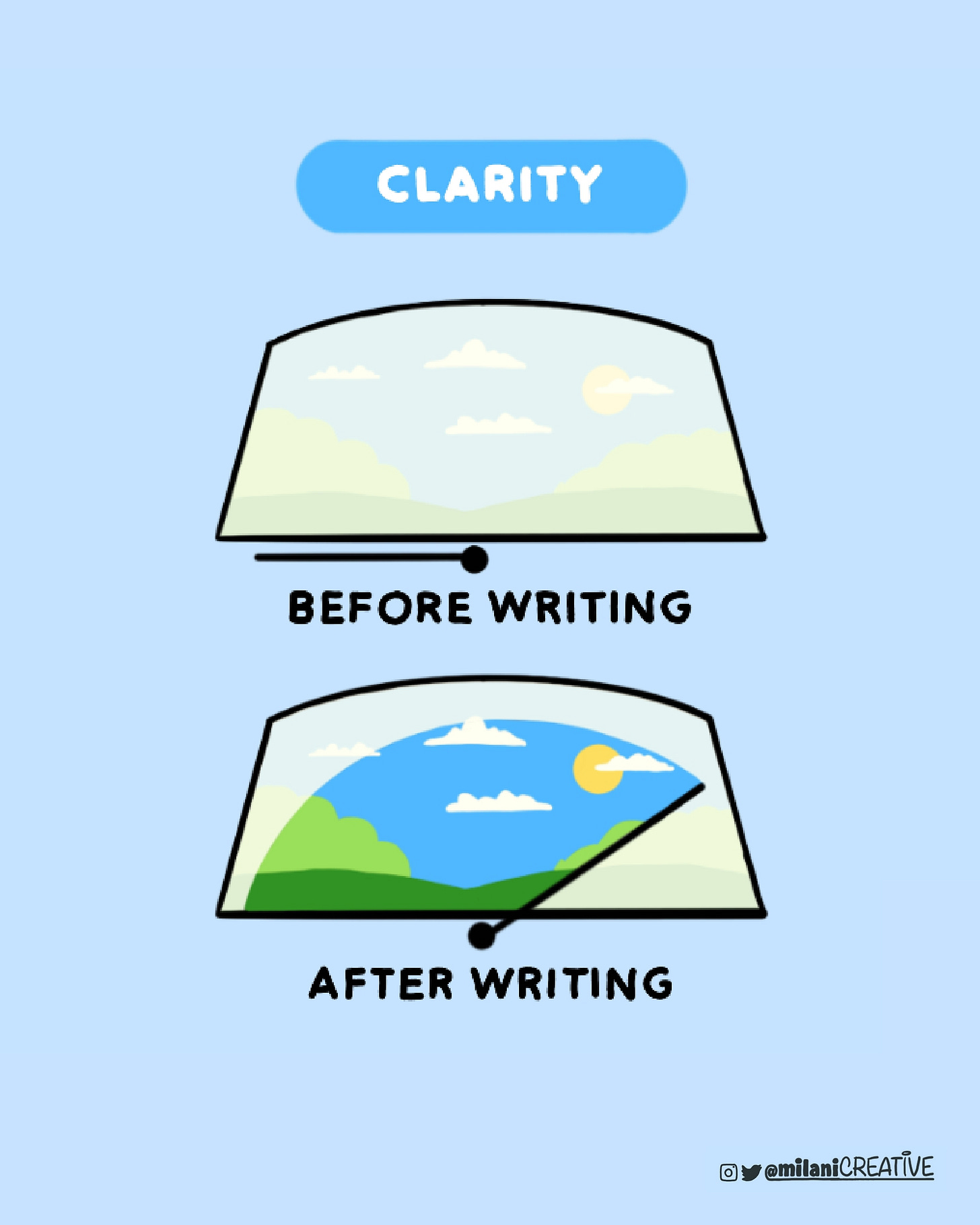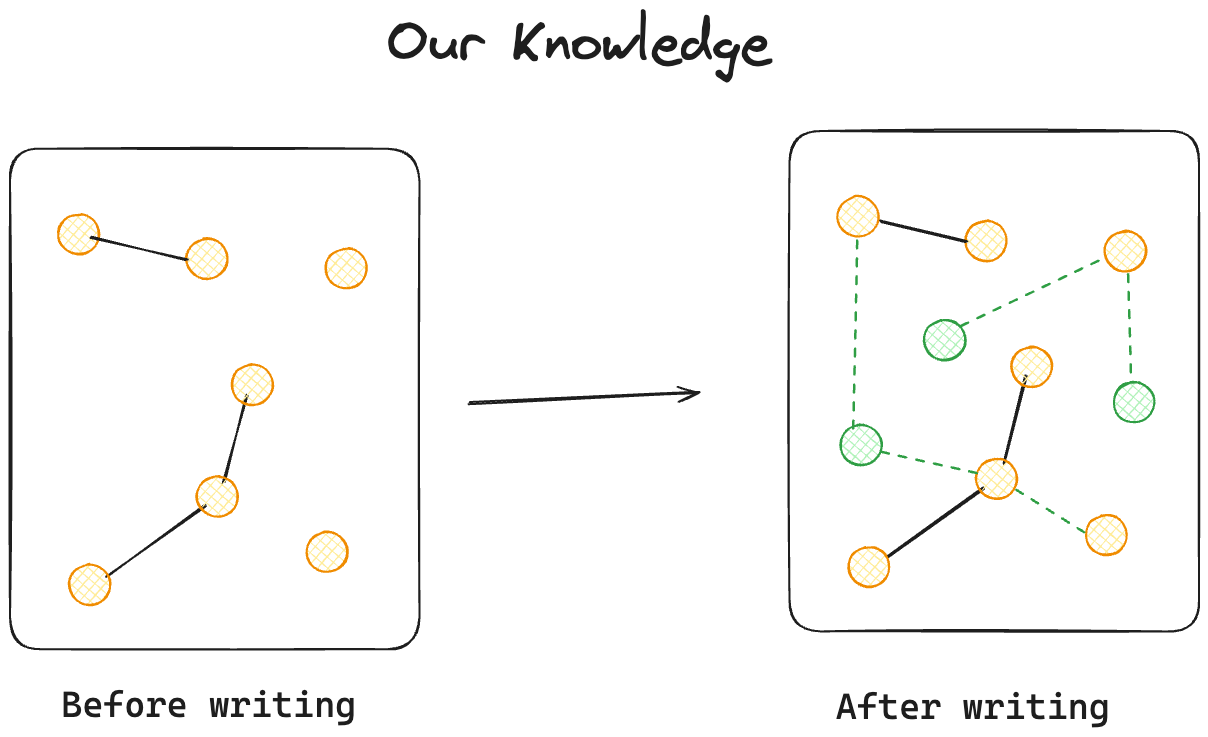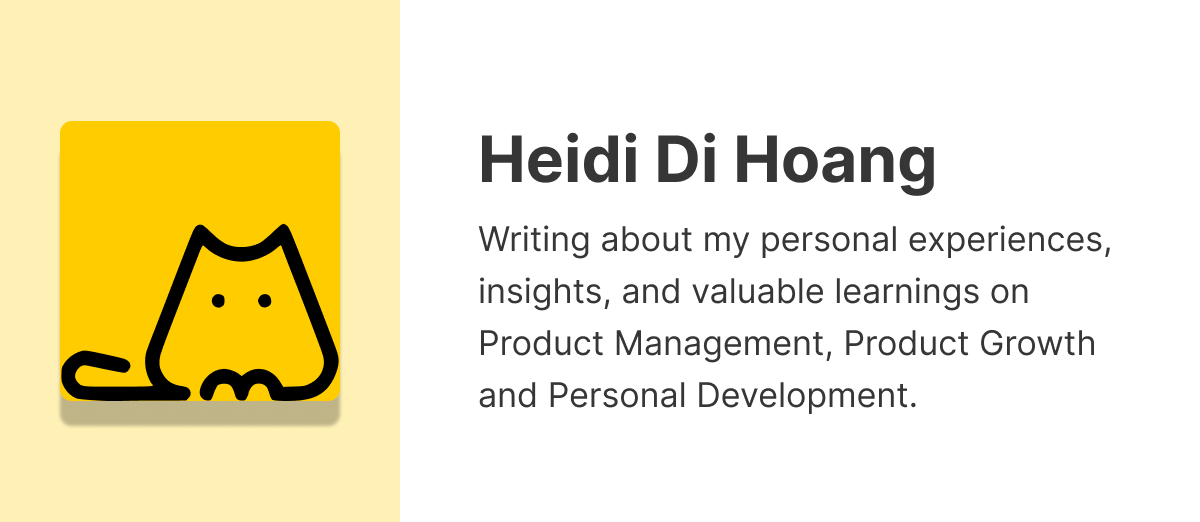The Power of Writing: Lessons Learned from a Writing Challenge
Recently, I've been immersed in a 30-day writing challenge led by #WTON5, setting a daily writing schedule at 9 PM. Initially, I intended to wrap up each post within 90 minutes; yet, I often found myself still seated at my desk well past 1 AM, wrestling with ideas and struggling to articulate my thoughts effectively. On average, each post consumed about 4 hours of my time – a staggering amount!
“Why did it take me hours to complete a piece on topics I thought I knew well?”
“Why do ideas seem to vanish as soon as I sat down to write, although I was excited to them just moments earlier?”
There were a lot of questions popping into my mind, wondering what the problem is and if there was a faster way to get through this. It wasn't until I came back to the book "Thinking Again" for getting information, I figured out something important: We all have blind spots in our knowledge and opinions, yet these remain invisible until we start writing them down.
Revision: Eating your own dog food
"Eating your own dog food" or "Dogfooding" is a common concept in product development. When we use the products we've created, we gain invaluable insights into their strengths and weaknesses from the user's perspective. Similarly, during the writing process, we naturally step into the reader's shoes as we review our work.
Imagine your blog post poses a problem, like a big gap, and your insights are the bridge to overcome it. Upon reviewing what we've written, it's like inspecting that bridge. Sometimes, we realize it's weak, with missing parts or arranged incorrectly. This recognition prompts us to make adjustments, strengthening the bridge and helping us cross the knowledge gap more effectively.
By that way, writing enables us to refine our understanding and become acutely aware of gaps in our knowledge.
Clarity of Thought
Often, our thoughts can feel like a jumble of disconnected ideas, lacking coherence and persuasiveness. However, when we take the time to write them down, something remarkable happens: Writing forces us to organize our thoughts, refine our arguments, and express our ideas with clarity and conviction.
Through this process, we not only improve our ability to communicate effectively but also gain insights into areas where our understanding may be incomplete.
In-depth Knowledge
“Writing is an integral part of learning. Learning requires understanding. Understanding requires people to build connections between their own thoughts and source information. Writing, being structured thinking, is the best connection between information and generating insight and understanding.”
— Brads Chiller, Leaning Through Writing
Writing is a powerful tool not just for uncovering gaps in our knowledge, but also for deeply exploring topics and bridging those gaps. Through writing, we're compelled to delve into details, provide examples, and analyze concepts with greater depth. This process not only enriches our understanding but also equips us with the insights needed to address any areas of uncertainty or ambiguity.
Reflection
When we write, we're not just putting words on paper; we're also exploring our thoughts, feelings, and experiences. Writing allows us to step back and examine our ideas from different perspectives, gaining insights into our own beliefs and values. It's a process of self-discovery that can lead to personal growth and transformation.
If you’re finding this post valuable, share it with a friend, and consider subscribing if you haven’t already.
#WOTN5 Bài viết thuộc thử thách viết 30 ngày của khóa học Writing On The Net.







